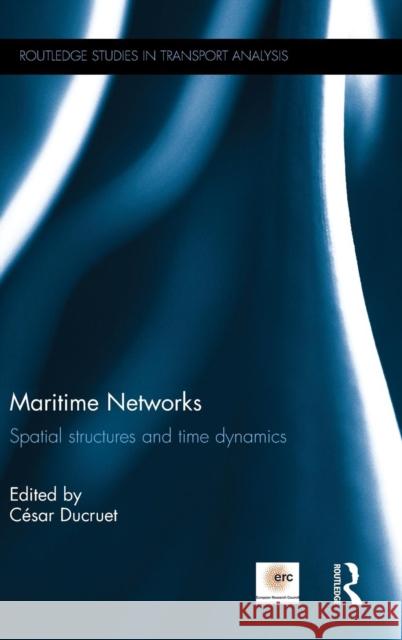Maritime Networks: Spatial Structures and Time Dynamics » książka
Maritime Networks: Spatial Structures and Time Dynamics
ISBN-13: 9781138911253 / Angielski / Twarda / 2015 / 384 str.
Maritime Networks: Spatial Structures and Time Dynamics
ISBN-13: 9781138911253 / Angielski / Twarda / 2015 / 384 str.
(netto: 761,81 VAT: 5%)
Najniższa cena z 30 dni: 730,42
ok. 16-18 dni roboczych.
Darmowa dostawa!
Maritime transport is one of the most ancient supports to human interactions across history and it still supports more than 90% of world trade volumes today. The changing connectivity of maritime networks is of crucial importance to port, transport, and economic development and planning. The way ports, terminals, but also cities, regions and countries, are connected with each other through maritime flows is not well-known and difficult to represent and measure, even for the transport actors themselves. There is a strong, urgent need for reviewing the relevant theories, concepts, methods, and sources that can be mobilized for the analysis of maritime networks. With contributions from reputable scholars from all over the world, this book investigates the analysis of maritime flows and networks from diverse disciplinary angles going across archaeology, history, geography, regional science, economics, mathematics, physics, and computer sciences. Based on a vast array of methods, such as Geographical Information Systems (GIS), spatial analysis, complex networks, modelling, and simulation, it addresses several crucial issues related with port hierarchy; route density; modal interdependency; network robustness and vulnerability; traffic concentration and seasonality; technological change and urban/regional economic development. This book examines new evidence about how socio-economic trends are reflected (but also influenced) by maritime flows and networks, and about the way this knowledge can support and enhance decision-making in relation to the development of ports, supply chains, and transport networks in general. This book is an ideal companion to anyone interested in the network analysis of transport systems and economic systems in general, as well as the effective ways to analyse large datasets to answer complex issues in transportation and socio-economic development.











